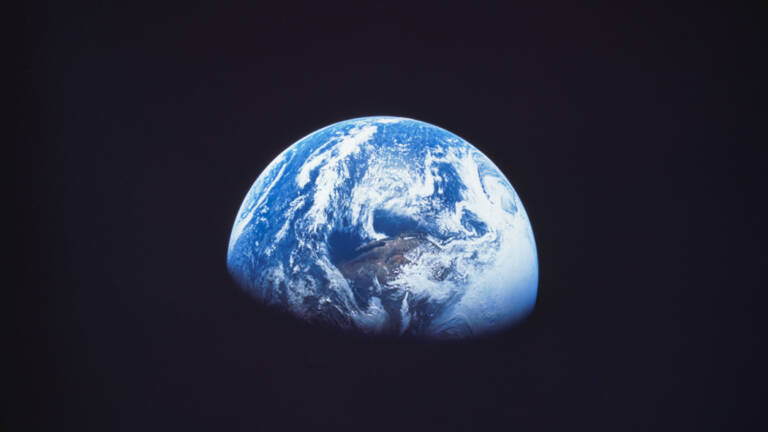Earth slows down. Why?

Why are the days getting longer? And by how much? And we are more interested in being paid by the hour or by the day (the latter is a joke, we say it for the acumen of fact checkers)
If we think that a day on Earth lasts exactly 24 hours, i.e. 86,400 seconds, we are making a mistake. In reality, the length of a day varies continuously due to various factors that influence the rotation of our planet around its axis. In this article we will try to explain why the days are getting longer, what is slowing the Earth's rotational motion, the overall slowdown time, how many seconds the days are getting longer per year and by how much per century.
The first factor that slows down the Earth's rotation is the friction produced by the tides. Tides are the result of gravitational interactions between the Earth, the Moon and the Sun, which deform the land and ocean surfaces. This deformation generates a friction force which tends to synchronize the rotation motion of the Earth with that of revolution of the Moon around the Earth. In other words, the tides hold the Earth back and accelerate the Moon, gradually pushing it away from our planet. This process has lengthened the length of each day by about 2.3 milliseconds each century, resulting in a difference of about 19 hours between the current length of a day and that of a few billion years ago.
The second factor that slows down the Earth's rotation is the movement of the Earth's mantle and inner core. The mantle is the middle layer between the crust and the earth's core, made up of molten rock that moves slowly due to differences in temperature and pressure. The inner core is instead the innermost part of the Earth's core, made up of solid iron and nickel that rotate at a slightly faster speed than the rest of the planet. These internal movements generate variations in the distribution of the Earth's mass and angular momentum, which are reflected in its rotation speed. In particular, the movement of the mantle was influenced by the melting of the polar ice caps after the last ice age, which reduced surface pressure and caused the mantle to drift poleward. This phenomenon had the opposite effect to that of the tides, that is, it accelerated the Earth's rotation, reducing the length of each day by about 0.6 milliseconds every century.
The third factor that slows down the Earth's rotation is the influence of climatic and seismic events. Climate and seasons cause variations in atmospheric and oceanic circulation, which change the transfer of heat and angular momentum between different parts of the Earth. These variations can have an impact on the Earth's rotation speed both positively and negatively, depending on the direction and intensity of the winds and sea currents. Seismic events, such as earthquakes and volcanic eruptions, on the other hand, can cause sudden changes in the distribution of the Earth's mass and angular momentum, temporarily altering its rotational speed. For example, the 2011 Japan earthquake shortened the length of the day by about 1.8 microseconds.
Taking all these factors into account, we can calculate the mean slowdown time of the Earth's rotation as the difference between the elongation due to tides and the shortening due to mantle movement. The result is an average slowdown of about 2.3 milliseconds per century. However, this value is only an average and does not take into account the variations due to climatic and seismic events, which can be much more significant in short periods.
Furthermore, this value does not explain the trend change observed in 2020, when the Earth's rotation accelerated . In 2020 , we had the shortest 28 days since precision measurements have existed.
In conclusion, we can say that the length of days on Earth is getting longer due to various factors that influence the rotation of our planet. These factors are mainly the friction of the tides, Originally the days lasted much less, but at the time there was no man, so there weren't major time problems…

Thanks to our Telegram channel you can stay updated on the publication of new articles from Economic Scenarios.
The article The Earth slows down. Why? comes from Economic Scenarios .
This is a machine translation of a post published on Scenari Economici at the URL https://scenarieconomici.it/la-terra-rallenta-perche/ on Sun, 25 Jun 2023 20:00:30 +0000.
